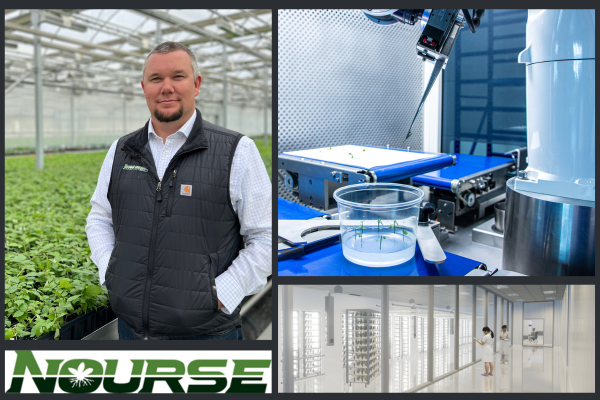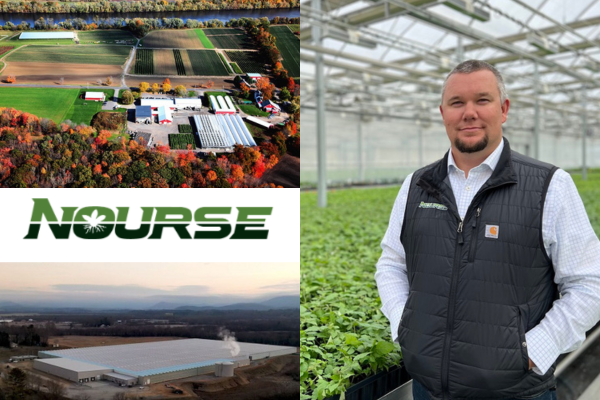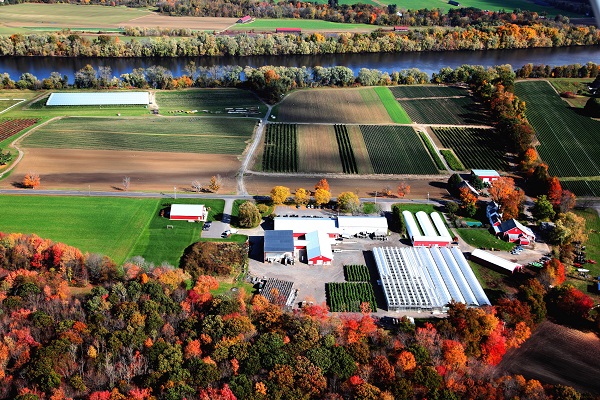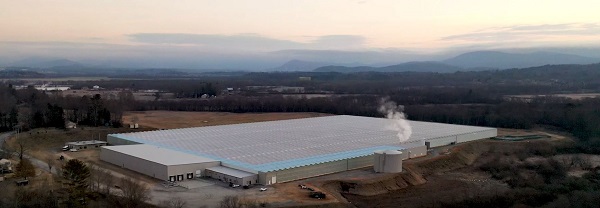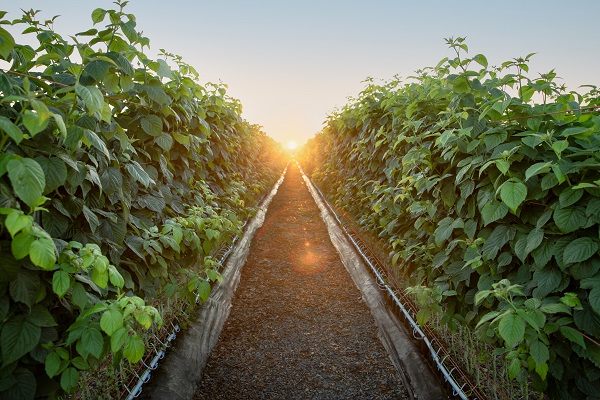Nourse Farms Continues to Lead the North American Berry Propagation Industry, Adopting New Tissue Culture Production Technology
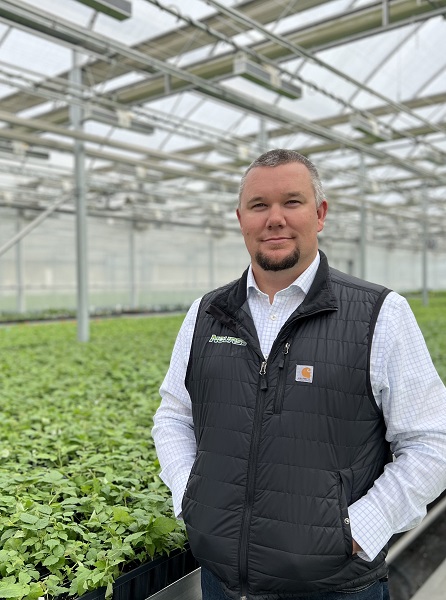
For over 90 years, Nourse Farms (Indoor Ag-Con 2024 Booth 317) has remained steadfast in its commitment to providing growers with high-quality, virus-indexed, highly productive plants grown using the best possible practices. This commitment drives Nourse Farms to stay on the cutting edge of the latest developments in the industry.
To amplify Nourse Farms’ commitment to innovation, the North American berry plant propagator is embarking on an exciting journey in 2024. Later this year, Nourse Farms will open the 15-acre North Carolina greenhouse it acquired last year. Additionally, Nourse Farms expects to open a modern tissue culture lab and a seven-acre greenhouse for foundation material in Massachusetts.
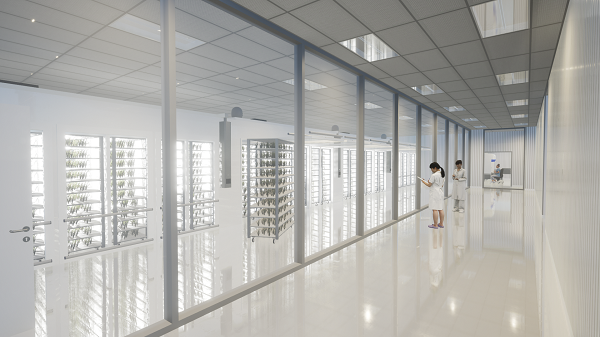
Striving for a new era of excellence in tissue culture production, Nourse Farms’ modern tissue culture lab will include automated tissue culture planters developed and manufactured by Viscon, in close collaboration with ISO Group. The automated tissue culture planters are a tremendous breakthrough for growers, redefining and elevating production while operating in a sterile environment, resulting in increased quality products.
“Tissue culture has been the cornerstone of what we do for decades, so strategic investments in technology and advancements in this part of our operation are not only ideal but necessary,” said Nourse Farms CEO John Place. “With the exciting addition of Viscon’s automated tissue culture planters to our operation, we expect that we will see a significant increase in our production and efficiency.”
This innovative system meticulously transplants individual plants at a predetermined position and depth in the agar, ensuring higher explant quality and improved growth uniformity. The planter includes advanced gripper technology that prioritizes precision and certifies minimal physical plant damage. The automated planter features in-place tool sterilization and automatically sterilizes between transplant batches. Safeguarding sterility reduces the contamination risk seen in manual plant handling.
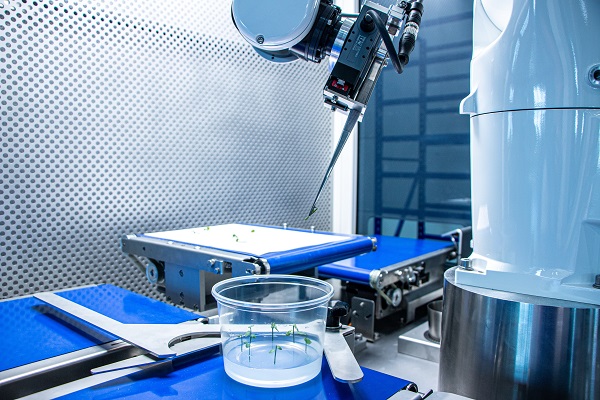
By adopting Viscon’s technology, Nourse Farms expects operational efficiency and control to strengthen due to enhanced traceability software that will capture data to help inform process decisions. The software uses barcoding technology that automatically tracks and traces plants in cups. This operation will allow Nourse Farms to monitor and accurately trace plants to the original plant material. By capturing this data, the growers can make informed plant production decisions based on production numbers, multiplication rates, material losses, and location status.
By utilizing this system, Nourse Farms’ skilled lab technicians can focus on preparing and cutting the plants for transplanting.
“This is a transformative time for growers and Nourse Farms is passionate about being at the forefront of implementing modern growing practices,” said Place. “We might be over 90 years old, but we’ve only just begun. We are proud to continue leading the North American berry propagation industry and look forward to what will come out of our new modern tissue culture lab.”
About Nourse Farms
For over 90 years, Nourse Farms has produced and sold premium quality small fruit plants to national and international commercial fruit growers, home gardeners, and resellers. Nourse Farms’ commitment to providing customers with virus-indexed, highly productive plants drives the organization to stay on the cutting edge of the latest developments in the industry. By identifying and testing new varieties and growing techniques, Nourse Farms stands behind its promise to deliver quality. What was once a strawberry nursery serving local growers has grown to be an internationally recognized soft fruit nursery selling strawberry, raspberry, blueberry, and blackberry plants. For more information about Nourse Farms, visit NourseFarms.com.
